 A surprising mobilization marked by great enthusiasm is perceivable throughout the Netherlands ahead of the weekend of September 9-10, when the initiative “Taste the Church” will take place, involving 433 local communities belonging to 21 different Christian denominations that accepted to take up the challenge of inviting people who have been distant from community life for a long time or who never did (friends, relatives, coworkers, neighbours) to cross the threshold of a Church and take part in a Sunday celebration.
A surprising mobilization marked by great enthusiasm is perceivable throughout the Netherlands ahead of the weekend of September 9-10, when the initiative “Taste the Church” will take place, involving 433 local communities belonging to 21 different Christian denominations that accepted to take up the challenge of inviting people who have been distant from community life for a long time or who never did (friends, relatives, coworkers, neighbours) to cross the threshold of a Church and take part in a Sunday celebration.
The significance of the event. The Dutch event draws inspiration from the British experience of “Back to Church”, established in 2004 thanks to the enthusiasm of Anglican pastor Michael Harvey: this idea was welcomed by the Council of Churches as “an answer to a long-standing request, namely, how can we reach out to people, invite them to participate and share our experience. We learned more about it and decided to replicate it here”, Dirk Gudde, President of the Council of Churches in The Netherlands, responsible for pastoral care ministry at the parish of Saint Augustin in Wassenaar, in the diocese of Rotterdam, told SIR. As a result of this decision, in April Dr. Michael Harvey held a seminar to explain the meaning of this event to everyone. A dedicated “committee comprising the members of all the Churches was created within the Council. It coordinated the preparations of the event and established that it would be held the same day for everyone”; various materials were prepared (from the logo to the poster, to the website www.kerkproeverij.nl with a great amount of resources) along with the Dutch logo: “We wanted an intelligible title that could also be ambitious and resonate with those returning to Church after some time of absence”, and to those who never attended. “I like the dimension of welcome along with the idea that after having tasted, and savoured, people could decide to return.” The number of adhesions grew with the passing of the months, along with the enthusiasm. “When we first launched it we had no idea of the extent of its reception and involvement. But people showed great enthusiasm and many members of the community decided to get involved. Even the Churches that are not members of the Council but associates, have decided to participate. To date, over 430 local communities have registered their participation on our website. And they might be more; in fact I just added the name of my parish church.”
New energy, new thrust. It is a missionary ecumenical initiative, but “without the connection that people make with the mission”, Gudde pointed out. Figures on participation in Dutch Churches “are comparable those registered in the rest of Europe”:
“Communities are ageing, and involving families and youths requires a great amount of energy.”
However, it is not the case everywhere. “Pentecostal and Evangelical communities are growing, and so is the Orthodox Copt or Syriac Church, where people belonging to a specific ethnic and cultural group also feel a close bond to Church life, with increasing numbers of initiatives and growing participation of young people.” When Michael Harvey presented the event “he said that the Churches don’t invite: they welcome those who wish to draw near the community but they are reluctant to invite them.” In the spirit of the initiative the communities’ involvement in the preparations for the weekend’s celebrations is twofold, as their path of welcome is a spiritual process which is by no means incidental or left to the individual. Assessing the success of the initiative is bound to be “a complex task” and it will depend on “the number of those invited, of those who replied, and how many will continue participating. Hence no evaluation will be possible in the short run. However, as Harvey said, inviting people is the first accomplishment.”
The initiative is also expected “to bring about a change in the communities: they will receive renewed energy and thrust also by speaking of the faith.”
“Being Catholic today.” Within this major ecumenical dimension each ecclesial denomination and community has planned the day autonomously. The Catholic community has prepared and printed 17 thousand copies of the leaflet: “Being Catholic today”, with basic information on the life of the Church and of the Catholic faithful. “So did for example MissieNederland, the network of evangelical churches and organizations, with a special edition of their magazine. In other places talk groups will delve into the various aspects of the celebration and of life in the community”, Gudde said. “Clearly, all communities made a remarkable effort to give a special flair to the celebrations” although the intention is to show “what normally takes place inside a church. In my parish we decided to dedicate some time before and during Mass to explain what is being done.”
The inauguration ceremony on Amersfoort Square. The official opening of the event took place September 1st in St. Joriskerk, overlooking Amersfoort Square, where the open market used to be: music, welcoming speeches and the cutting of a cake made by Annemarie Pronk – awarded 2016 Confectioner. The promoters of the event then invited by-passers to taste the cake and to “taste” a Eucharistic celebration the coming weekend. On that occasion someone already defined it the “first” of many such editions, hoping that it may take place next year or at the latest the year after that.



















